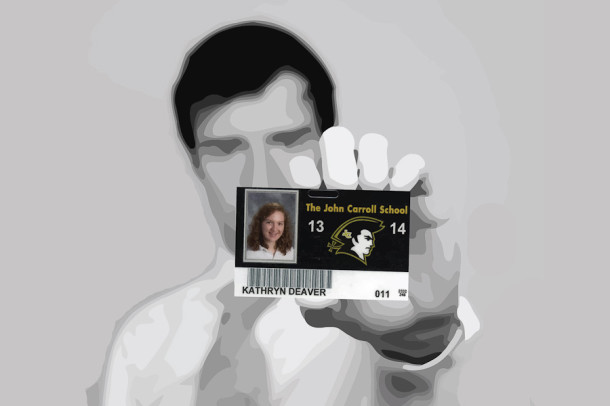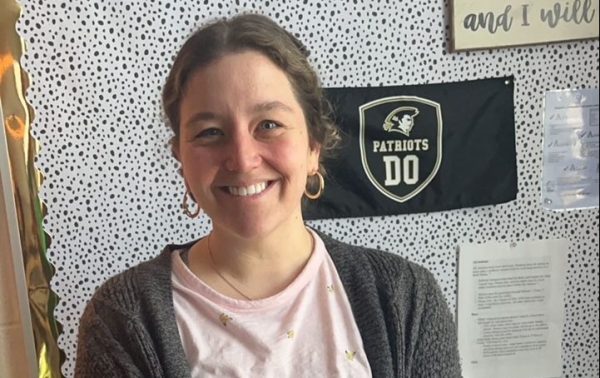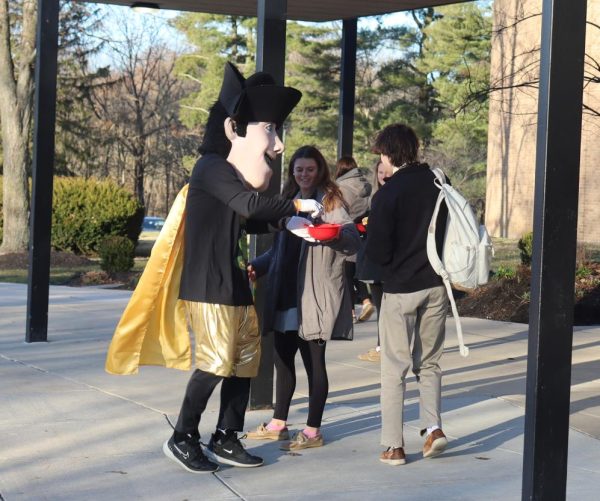Sports Editor experiences stolen identity
On the morning of Sep. 19, I was secure in my identity. By the end of the day, I had reason to question that security.
On the way out of the library after an off mod, a friend from middle school stopped me in the doorway. “Do you have an Instagram?” he said.
This friend and I went to middle school together, but we haven’t spoken in our time at JC beyond a simple greeting in the hallways once or twice. His question took me by surprise.
“No,” I said.
He proceeded to tell me that I did indeed have an Instagram, created by someone else using a picture from my Facebook page.
The page seems to have been made by two other middle school classmates who tried to use me and my identity to gain access to my friend’s pictures, as he had blocked them from his Instagram. While there is no way to prove through Instagram itself that these other boys created the fake account, they began harassing my friend via text messages saying “got you” and asking about things on his account.
That night, my friend blocked the account. It was deleted by the time he told me about it the following day. I searched for it that night and found the link to the account that showed the name, username, and profile picture, but clicking it only led to an error message. A week later, I couldn’t even find that.
Ironically, my first reaction to this news was appreciation that these boys thought I was friends with everyone. Their choosing me as a vehicle for harassing my friend was a back-handed compliment. However, I got angrier and angrier as the day went on.
What if nobody had told me about this? Few people would have known about it in the first place, and they could have easily thought that the account was deleted and no harm was done. After a week or so, the deleted account wasn’t even visible by a simple search. But what’s to stop those same people who stole a picture from my Facebook and made a fake Instagram account from making another account and posting rude, compromising, or incriminating things on it? Where do they draw the line?
Worst of all, I have no way to conclusively prove that it was them. My friend has records of the texts the boys harassed him with, but without an admission on the part of the guilty party, I cannot prove anything. I can’t even prove that it wasn’t my account to begin with.
What if I go for a job interview one day, the boss pulls up my social media sites, and Instagram shows up with a bunch of pictures of people drinking underage? There is no way the interviewer will believe me if I say, “I’ve never seen that before! It’s not mine.”
I am now much more aware of the availability of anything, whether they are pictures or information, that I post online. Also, I know how important it is to tell people if they do something out of character or strange online. Who knows, it might not be them.
Kathy Deaver is a Sports Editor for The Patriot and jcpatriot.com.





